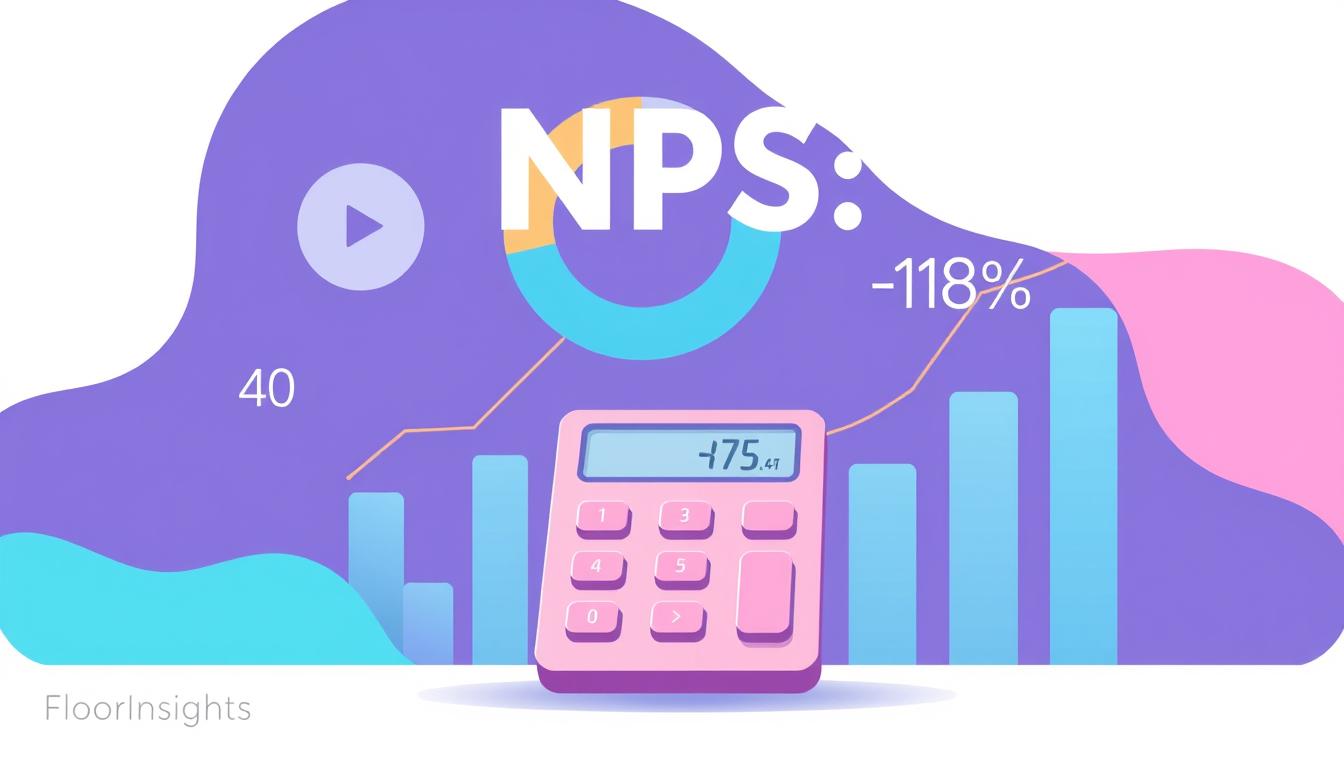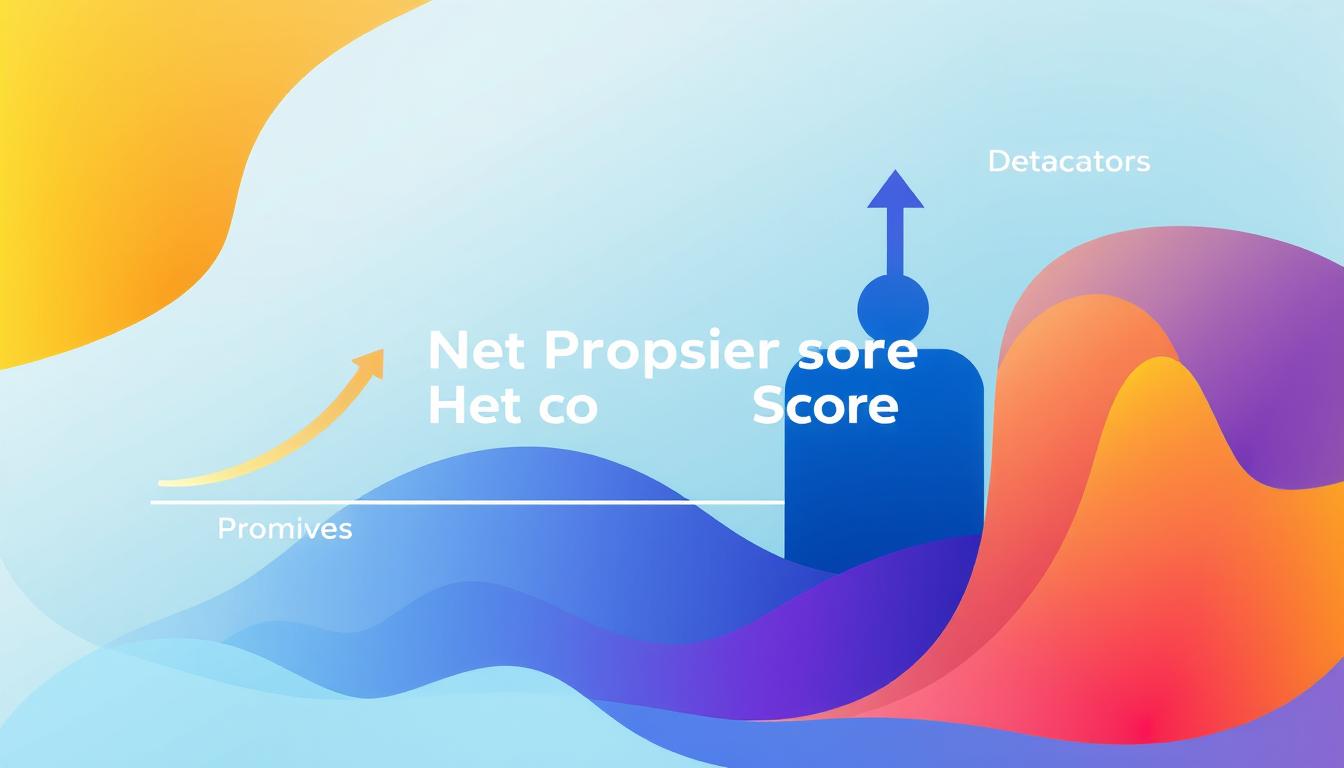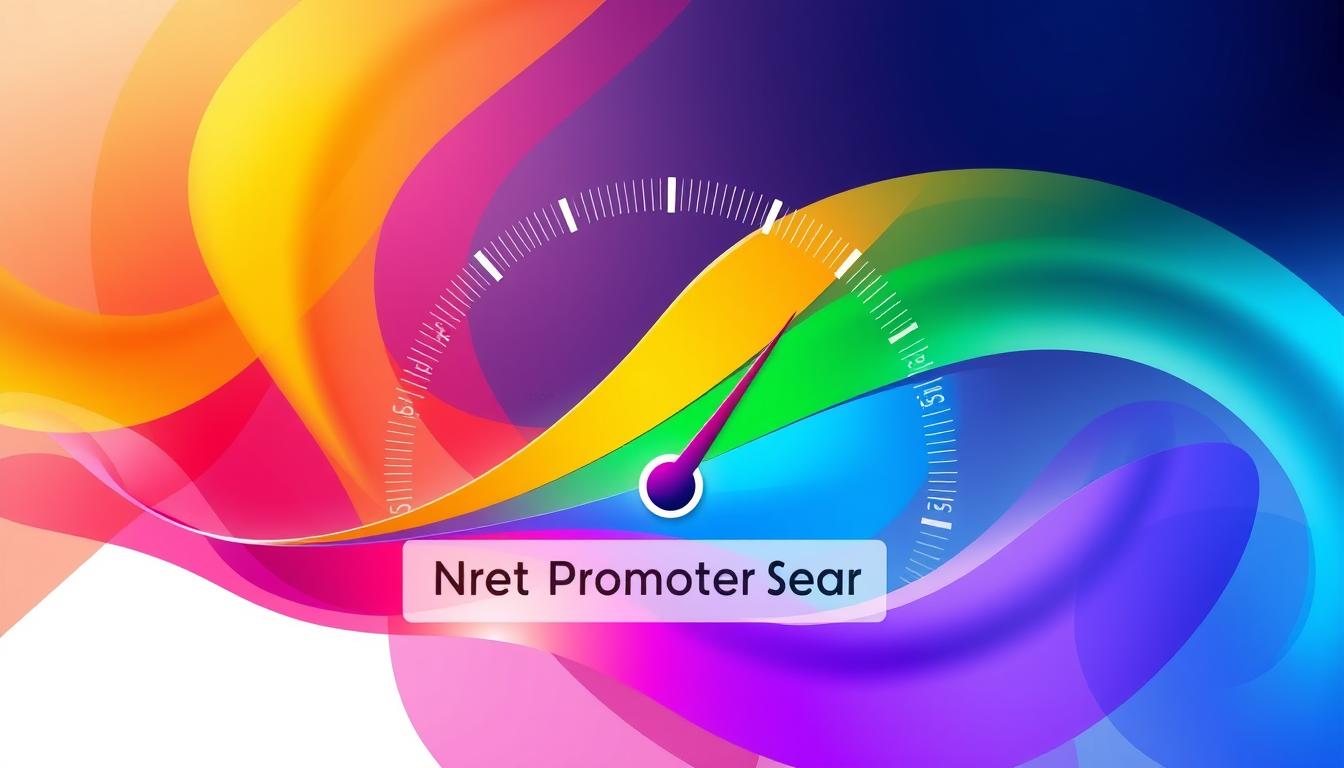In today’s rapidly evolving business environment, the collection of customer feedback via the Net Promoter Score (NPS) has become crucial for enhancing customer satisfaction. However, it is paramount that we align our NPS initiatives with strict compliance to data privacy laws. Understanding NPS ethics and the various compliance frameworks that govern our data handling practices in India is essential for maintaining customer trust. In this section, we will explore how to navigate these regulations while effectively gathering valuable insights from our customers.
Key Takeaways
- Alignment of NPS initiatives with data protection laws is essential.
- Understanding NPS ethics helps in maintaining customer trust.
- Compliance frameworks in India govern our data management practices.
- Customer satisfaction can be improved through ethical data collection.
- Effective data handling ensures compliance with regulations.
Understanding Data Protection Laws in India
In recent years, data protection has gained immense importance, particularly with the evolution of data privacy concerns across the globe. In India, a framework for data protection laws is evolving, prominently highlighted by the Personal Data Protection Bill. This legislation aims to define personal data and detail the rights of individuals, collectively referred to as data subjects.
As businesses increasingly collect and process consumer feedback through various programs, it becomes critical for us to understand compliance regulations. These regulations not only set clear guidelines for how data can be used but also enforce the rights of the individuals from whom data is collected. Understanding these Indian laws provides a foundation for incorporating ethical practices in our customer feedback mechanisms.
Key principles outlined in the Personal Data Protection Bill include the obligation of data processors and controllers to ensure transparency and accountability. Firms must establish processes that honor data subjects’ rights, which encompass the right to access, correction, and deletion of their personal information.
Emphasizing the significance of data protection laws, we observe their impact on enhancing consumer trust. As we navigate the complexities of gathering customer insights, adhering to stringent data privacy norms will support our organizational strategies while fostering satisfaction among our clientele.
The Importance of NPS in Customer Feedback
NPS, or Net Promoter Score, stands as a pivotal tool in our customer feedback arsenal. Through the importance of NPS, we can effectively measure customer loyalty and satisfaction. This metric allows us to obtain valuable insights into how our customers feel about our products and services, guiding our strategies for improvement.
One way we can leverage NPS is by conducting a comprehensive customer insights survey. This survey captures customer sentiments, revealing areas needing enhancement. By analyzing the data from these surveys, we can outline specific actions that will help improve customer satisfaction. It empowers us to tailor our offerings to meet the distinct needs of our clientele.
To fully capitalize on the importance of NPS, we must go beyond mere data collection. We must actively bridge the insights we gather with actionable strategies. By doing so, we can foster a customer experience that resonates with our customers, continually encouraging loyalty and driving positive feedback.
| Aspect | Importance of NPS | Benefits |
|---|---|---|
| Customer Insights | Measures customer loyalty | Identifies areas for improvement |
| Feedback Loop | Gathers actionable feedback | Enhances customer satisfaction |
| Market Position | Tracks brand perception | Guides strategic decisions |
| Trend Analysis | Monitors customer sentiment over time | Supports proactive interventions |
Net Promoter Score: Measuring Customer Loyalty
The Net Promoter Score serves as a crucial indicator of customer loyalty, providing organizations with meaningful insights into customer sentiment. Understanding net promoter score involves categorizing customers based on their responses to a straightforward question: how likely they are to recommend a product or service to others. This classification separates respondents into three distinct groups: promoters, passives, and detractors.
What is Net Promoter Score?
Net Promoter Score is a metric that reflects the likelihood of customers to promote a brand. Promoters are those who rate their likelihood of recommending a brand as 9 or 10 on a 0-10 scale. Passives, scoring 7 or 8, express satisfaction but lack strong loyalty. Detractors, with scores from 0 to 6, indicate dissatisfaction and potential negative word-of-mouth. This classification aids businesses in understanding their overall customer relationship and loyalty levels.
How to Calculate NPS
The NPS score calculation is straightforward and relies on the proportion of these customer groups. The NPS is derived using the following formula:
| Category | Score Range | Percentage |
|---|---|---|
| Promoters | 9-10 | 60% |
| Passives | 7-8 | 25% |
| Detractors | 0-6 | 15% |
To find the NPS, subtract the percentage of detractors from the percentage of promoters. In this way, companies can interpret their net promoter score, which ranges from -100 to +100. A positive score indicates a greater proportion of promoters than detractors, suggesting strong customer loyalty. Understanding net promoter score can significantly impact a business’s strategies for improvement and growth.
Ethical Considerations in NPS Programs
In our quest to enhance customer loyalty through Net Promoter Score (NPS) programs, we face significant ethical considerations. Balancing the need for valuable customer feedback with preserving data privacy has become a complex challenge. Transparency in how we communicate with customers regarding data collection, utilization, and storage is paramount. Failing to navigate these considerations effectively may jeopardize our business’s reputation and erode customer trust.
Balancing Customer Feedback and Privacy
Understanding the delicate balance between customer feedback and data privacy is crucial. Customers are more likely to share their opinions if they feel their information is secure. To address this, we can employ several strategies:
- Implement clear privacy policies that outline data usage.
- Ensure customers can easily opt-out if they choose.
- Regularly communicate updates regarding data privacy practices.
We recognize that ethical dilemmas exist when collecting feedback. By promoting ethical considerations within our NPS programs, we can foster an environment of trust and respect. Maintaining robust data privacy safeguards not only aligns with legal regulations but also strengthens our relationship with customers, ultimately benefiting our brand.

| Strategy | Benefits | Ethical Considerations |
|---|---|---|
| Clear Communication | Enhances trust and transparency | Respect customer’s right to know |
| Data Security Measures | Protects customer data | Meets legal requirements |
| Feedback Anonymity | Encourages open responses | Safeguards personal information |
By adhering to these ethical considerations, we can efficiently navigate the complexities associated with NPS programs while ensuring data privacy and increasing customer satisfaction. The path to insightful customer feedback begins with a commitment to ethical practices that honor our customers’ privacy.
Data Collection Methods in NPS Surveys
Understanding effective data collection methods is vital for the success of our NPS surveys. These methods significantly impact the quality of the feedback we receive, influencing overall customer satisfaction. Various techniques exist, each bringing unique advantages and challenges.
Online questionnaires represent a popular approach for gathering insights through customer satisfaction surveys. They provide convenience, allowing respondents to complete the survey at their leisure. This category includes platforms like Google Forms and SurveyMonkey, which facilitate easy distribution and analysis of results.
Phone interviews offer a personal touch, often resulting in more detailed feedback during user satisfaction surveys. This approach encourages participants to elaborate on their experiences. While they require more resources, the interactive nature of phone interviews can lead to richer insights.
Face-to-face interactions present another effective method in collecting data. Although less frequently used, these engagements allow for deeper connections. In-person conversations foster an environment where respondents may feel comfortable sharing constructive feedback.
| Data Collection Method | Response Rate | Data Reliability | Customer Experience |
|---|---|---|---|
| Online Questionnaires | High | Moderate | Convenient |
| Phone Interviews | Moderate | High | Personalized |
| Face-to-Face Interactions | Low | Very High | Engaging |
Choosing the right data collection methods directly affects our ability to achieve reliable insights and enhance the quality of customer feedback. By carefully considering our options, we can significantly improve operational outcomes and customer satisfaction levels.
Ensuring Compliance with Data Privacy Regulations
In navigating the landscape of NPS programs, compliance with data privacy regulations is paramount. Understanding the implications of the General Data Protection Regulation (GDPR) alongside Indian data protection laws ensures that our practices align with legal standards while respecting customer privacy. The regulations emphasize essential principles such as data minimization, obtaining explicit consent, and allowing individuals the right to access their data.
Overview of GDPR and Indian Data Protection Laws
The GDPR sets a high standard for data protection in Europe, defining specific rights for individuals regarding their personal information. In India, the Personal Data Protection Bill takes a similar approach, focusing on safeguarding personal data and enhancing accountability among organizations. By addressing these regulations, we can establish a solid foundation for our NPS programs.
Key compliance requirements in both frameworks include:
- Data Minimization: Collect only the data necessary for our purposes.
- Obtaining Explicit Consent: Ensure that feedback participants are fully informed and have agreed to their data usage.
- Right to Access: Allow individuals to request access to their data, helping to build trust.
Best Practices for Data Handling in NPS Programs
Implementing best practices for data handling in NPS programs is crucial to maintaining compliance and fostering a data privacy-conscious culture. Adhering to these practices not only safeguards customer information but also enhances the overall integrity of our feedback systems.
| Best Practice | Description | Benefit |
|---|---|---|
| Data Encryption | Utilize encryption technologies to protect sensitive information. | Reduces the risk of data breaches and unauthorized access. |
| Regular Audits | Conduct frequent audits of data handling processes. | Identifies potential vulnerabilities and ensures compliance. |
| Staff Training | Provide training on data privacy regulations and best practices. | Increases awareness and promotes responsible data handling. |
| Clear Data Policies | Establish transparent data collection and usage policies. | Fosters trust and encourages participation in NPS programs. |
Using AI for Customer Insights While Respecting Privacy
In today’s rapidly evolving business landscape, understanding customer sentiment is crucial. We can leverage customer insights AI to analyze NPS data effectively while ensuring personal data privacy remains intact. Utilizing AI tools facilitates the extraction of meaningful insights that help us improve CSAT and adapt our strategies to meet customer’s evolving needs.
The integration of AI technologies allows us to discover trends within customer feedback, enhancing our ability to respond promptly and effectively. By employing sentiment analysis and predictive modeling, we can gain a deeper understanding of customer behaviors without compromising their personal information.
Fostering a culture of AI ethics is essential as we navigate through data analysis. We must prioritize responsible innovation, ensuring that our AI systems respect privacy norms while delivering accurate and timely customer insights. This balance not only strengthens our business practices but also builds trust with our clientele.
Conclusion
As we reflect on the critical elements discussed in this article, it becomes clear that our commitment to data privacy compliance is paramount. By integrating NPS ethics into our customer feedback practices, we not only foster customer satisfaction but also build a foundation of trust and transparency. Ensuring that individuals’ data is handled with respect and care allows us to enhance loyalty while safeguarding their privacy.
Furthermore, we have examined various methods to proficiently gather feedback, emphasizing the importance of balancing ethical considerations with effective data collection techniques. Maintaining compliance with evolving laws and regulations ensures we uphold the highest standards of integrity in our NPS initiatives.
In conclusion, prioritizing customer feedback through ethical practices enhances our relationships with consumers. By continuously focusing on customer satisfaction and nurturing an environment of trust, we can not only achieve our business objectives but also contribute positively to the customer experience in India.
FAQ
What is the Net Promoter Score (NPS)?
The Net Promoter Score (NPS) is a metric used to gauge customer loyalty and satisfaction through a single question survey, typically asked after a purchase or service experience. It helps us understand how likely our customers are to recommend our products or services to others.
How do we calculate the NPS score?
To calculate the NPS score, we subtract the percentage of detractors (customers who rate us 0-6) from the percentage of promoters (those who rate us 9-10). This formula gives us a score ranging from -100 to +100, allowing us to assess our overall customer loyalty.
Why is NPS important for our business?
NPS is crucial for our business as it provides valuable insights into customer satisfaction and loyalty. By understanding customer perceptions, we can target our improvements to enhance products and services, ultimately aiming to increase overall customer satisfaction.
What are some ethical considerations in NPS programs?
Ethical considerations in NPS programs involve ensuring data privacy and transparency when collecting customer feedback. We must communicate clearly with customers regarding how their data is used and stored, thereby fostering trust and maintaining our reputation.
How does AI help in gathering customer insights?
AI can enhance our ability to extract insights from customer feedback by analyzing data efficiently. Utilizing AI tools allows us to identify trends and sentiments while respecting customer privacy, ultimately improving our strategies to enhance customer satisfaction.
What data collection methods are commonly used in NPS surveys?
Common data collection methods for NPS surveys include online questionnaires, phone interviews, and face-to-face interactions. Each method has its own advantages, and our choice can significantly impact response rates and data reliability.
What are the implications of failing to comply with data protection laws?
Failing to comply with data protection laws can lead to legal repercussions, including fines and damage to our brand’s reputation. It is essential to adhere strictly to regulations to maintain customer trust and ensure a respectful approach to customer feedback.
How can we improve our customer satisfaction through NPS?
We can improve customer satisfaction through NPS by leveraging the insights gained from our surveys to tailor our services and products to better meet customer needs. This proactive approach helps us enhance the overall customer experience.
What is the significance of market gap analysis in relation to NPS?
Market gap analysis allows us to identify areas where customer needs are not being met. By aligning these insights with our NPS results, we can focus on gaps in our offerings, helping to improve customer satisfaction and loyalty effectively.
Related Posts
- Common Misconceptions About NPS
- How Augmented Reality Can Affect NPS in Retail – Future Trends in NPS
- How High NPS Scores Lead to Long-Term Customer Relationships
- How NPS Can Help Improve Customer Retention in Financial Services – NPS and Financial Services
- How to Stay Ahead of Competitors with a High NPS Score – NPS and Competitive Analysis
- The Future of NPS: Emerging Trends for 2025 and Beyond – Future Trends in NPS
- How Iterative Product Development Can Boost NPS – NPS and Product Development
- Gathering Customer Insights with NPS After a Launch – NPS and Product Launches






